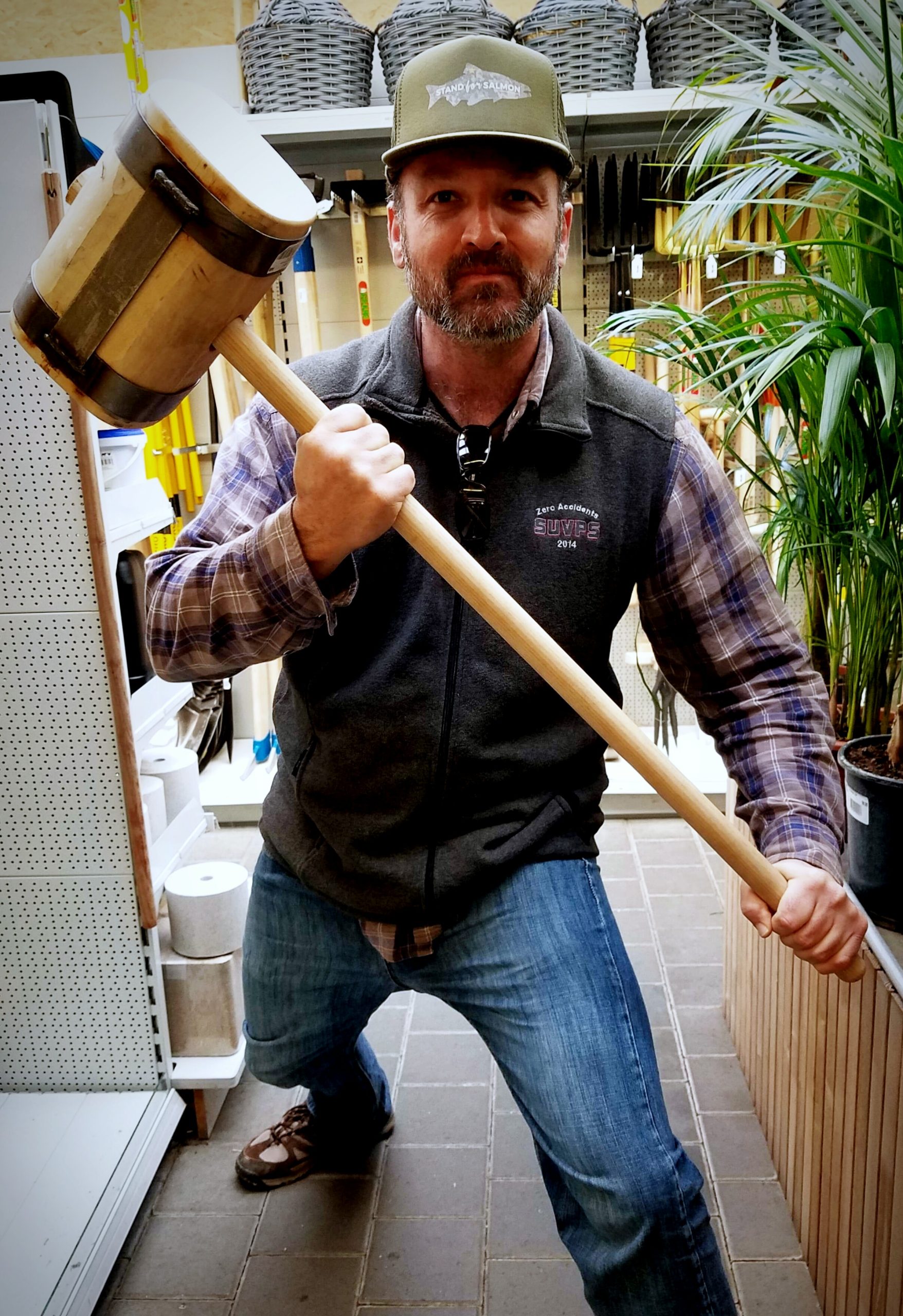Some information may be outdated.
“Victory garden” was a term used during World War II to describe a garden that a family would grow to boost morale and supplement their food supply during those tough times. In bygone times, most families had a garden; now most families don’t. What happened? Did we lose our connection to dirt, all while building connections in cyberspace? Is the trade off for fast food and a large friends list worth the loss of family dinners made from your backyard? Time will tell.
As we find ourselves amidst a global pandemic crisis, distancing ourselves from all of the group activities we once relished, the empty store shelves are a reminder that our food is brought in from elsewhere. This complex system made possible by a large carbon footprint, the use of refrigerated trucks, plastic packages, and large steel cargo ships bringing supplies constantly from the far reaches of our recently rattled world.
I am the administrator for the Facebook group “Moab Gardeners and Farmers.” We normally see around 25 people join every six months or so – last week we saw 40 people join. What does this tell us? That some people know and are remembering the importance of having food close to you, the notion of what I like to call “food responsibility.”
During home isolation, there is a great opportunity for us to rekindle our connection to our own food. If you find yourself in an apartment – instead of a house with a yard – gardening can be more difficult. But, with resourcefulness and desire, even a patio or a deck can be turned into a small but rewarding mini-garden.
When I was growing up, gardening was both a chore and second nature to me, as my father has been growing pesticide- and herbicide-free produce in Moab for nearing 50 years. I withdrew from the work of it through my teens, but in 2003 I returned to vegetable gardening with great drive. Since then, I have made it part of my lifestyle: learning, experimenting and growing every month of the year, even in winter.
I think it is important for us to see how food grows and to maintain the ability to nurture plants. We should keep a connection with the Earth to remember that food doesn’t come from a box; it comes from the soil. One important thing to remember is that you are not growing plants – plants grow themselves – you are growing the environment in which they may thrive. You are growing soil. One duty of a gardener is to leave the soil in a better condition than she found it. It is unfortunate, but mega-monoculture crops (in which one crop is planted exclusively in a large area, a common practice in large-scale farming) don’t follow this principle of biodiversity; as a home gardener, it is quite easy to do. Compost leaves with household fruit and vegetable scraps, and add some chicken coop tailings if you are allowed to have chickens. Poultry is indispensable for helping in the garden. They are great for weeding, disposing of leftovers, and making high-grade manure to strengthen your compost. And, as a bonus, you get eggs.
I am asked every year around April to May if I’ve started my garden. The answer to the question is, “I never stopped.” It requires great timing to get a continuous harvest through successive plantings. I find the shoulder seasons of spring and fall grown the most amazing cold-tolerant crops, especially when pushed into the winter a bit with growing-season-extension tricks: equipped with some wire hoops to cover the rows and some frost cloth, and greatly extend the season in both directions. Also, you can use the hoops with shade cloth to extend the shoulder seasons into the summer.
During a productive Moab summer and fall, you can expect the sweetest peaches, the best-flavored tomatoes, melons, beans, basil, squash and so much more.
It would be amazing if more people would take on the food-responsibility lifestyle and the idea of being connected to your food. When a community participates together to turn natural gifts of sun, water, and soil into a substance you can eat, the product is far superior in quality and flavor than most vegetables found in the supermarket.
Olschewski is from Moab originally and is raising a family here. He enjoys entertaining others through music, cooking and traveling. He is a second-generation Moab organic gardener.
Appreciate the coverage? Help keep local news alive.
Chip in to support the Moab Sun News.



